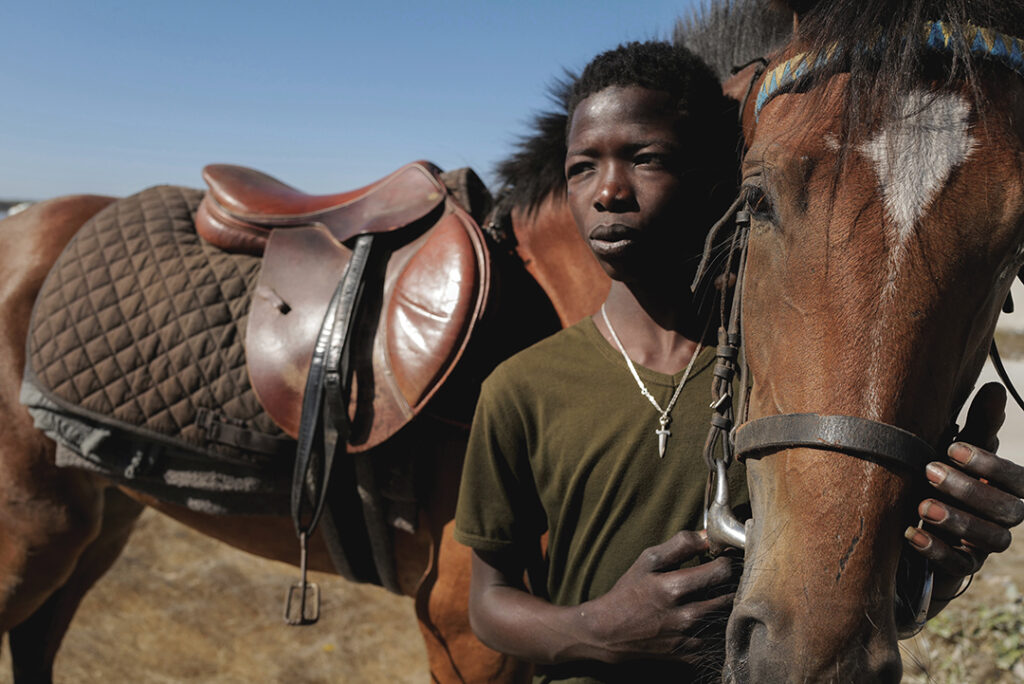BBC NEWS AT BBC.CO.UK/NEWS
Having won Senegal’s top prize two years ago, jockey Fallou Diop, 19, hopes to realize his dream of racing on an international stage.
Often used for agriculture and transport, horses, donkeys and mules are an integral part of daily life in Senegal. And racing has rapidly grown into a national pastime.
“The elders taught us everything since we were young,” Diop says. “And that’s how I became passionate about horses. Since my grandfather, we’ve supported horses, then my father after him.”
Diop was 12 when he decided to leave a tailoring apprenticeship and pursue horse racing. According to his father, he walked 10 miles to enroll in the nearest training program.
Diop lives in a house with 12 other relatives in Niaga. With top prizes of up to $600 per race, he has been able to pay for a new roof for their home.
Diop and other jockeys in Niaga are taught by Adama Bao, whose family has maintained a stud farm for three generations.
Diop “is very gifted,” Bao says. “He could compete up to 50 years with his weight and size.”
Dressed in vibrant yellow and blue, Diop has raced at the racetrack in Thiès, Senegal’s third-largest city. He finished first in three of his five races that day, taking home nearly $1,000 in winnings.

